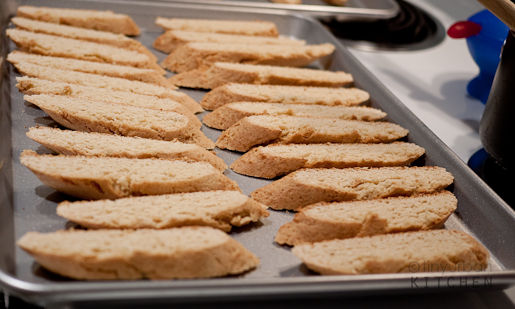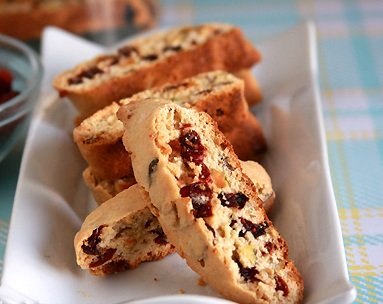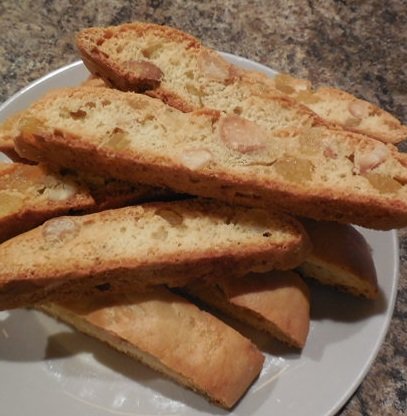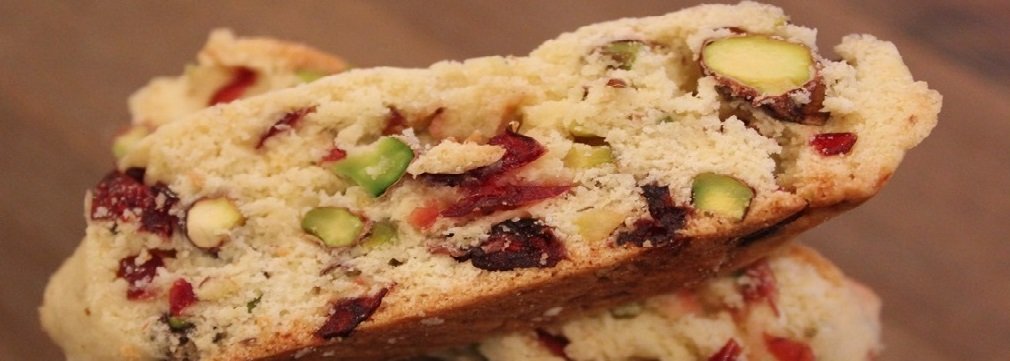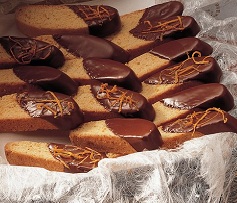Storing Nuts
Take me to:
About Nuts Selecting Nuts Storing Nuts Toasting Nuts
|
Ok! Before we get into tips for nut storage, that will help to maintain quality and freshness, let’s review a few things about buying of quality nuts. |
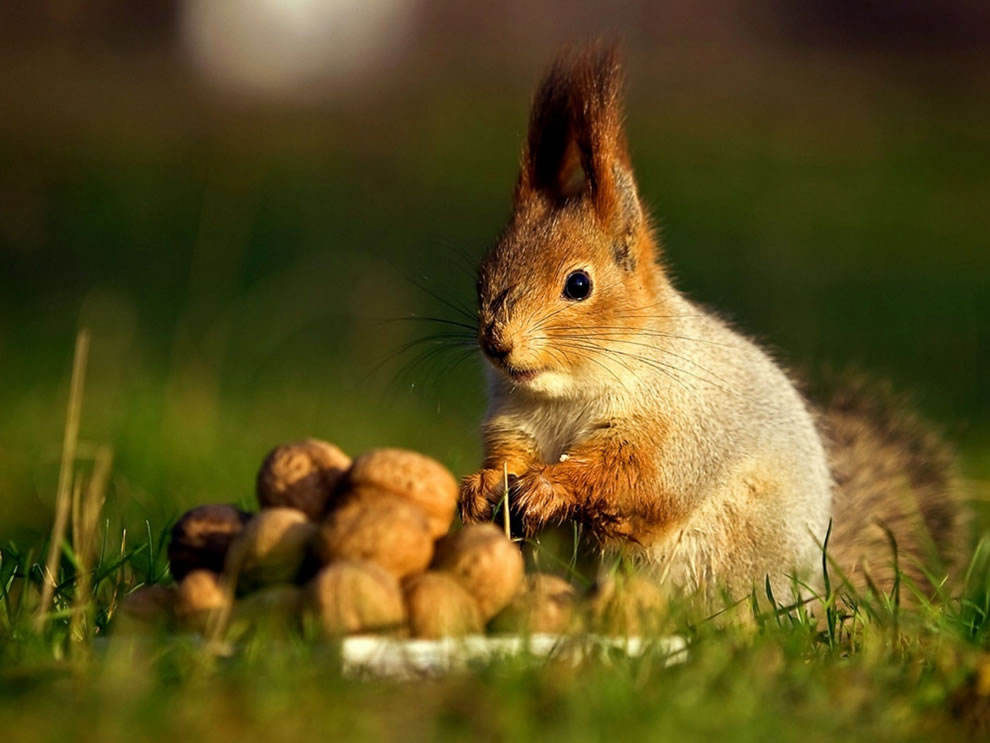 |
Tips for best nuts: What am I going to do?
- For best quality, select clean, unshelled nuts free from splits, cracks and holes. Nuts in the shell should be heavy for their size, indicating a fresh, meaty kernel. Nutmeats that rattle in their shell are usually stale.
- If you opt for unshelled nuts (yes that's what I use) look for crisp, plump and meaty nutmeats indicate high quality; limp, rubbery or shriveled nutmeats indicate poor quality. Unless you plan to use nutmeats as a garnish, they do not need to be uniform in size.
- Suppliers often sell cracked nuts in the shell in plastic bags. Remove cracked nuts from plastic bags immediately and spread them out on trays in an airy location until you can shell and store them properly.
- Nuts provide protein, fiber and some vitamins and minerals in varying amounts. The fat in nuts is mostly unsaturated and nuts contain no cholesterol. Unless salted, nuts are low in sodium. Even though nuts are "nutrient dense", which means they supply many nutrients along with calories, they are not a low calorie food.
And, because of their high fat content, proper storage is important to maintain quality and freshness.
Rich in oil, nuts will quickly become rancid or stale if not stored properly.
Tips for Storing Nuts
- Although unshelled nuts take up more room, they have a much longer shelf life than shelled nuts.
- Properly dried unshelled nuts will keep for several weeks at room temperature.
- Store unshelled nuts in airtight containers in a cool, dry, dark location, below 70 degrees F to ensure good quality for about four months.
- Whole, shelled nutmeats remain fresh longer than nuts in pieces—so chop nuts just before you plan to use them.
- Unsalted nuts keep longer than salted nutmeats.
- Most nut growers do not recommend soaking nuts before cracking because it toughens nutmeats, adds moisture and encourages mold growth.
- For long-term storage, package unshelled or shelled nuts in moisture/vapor proof containers and store in the refrigerator or freezer—the lower the storage temperature, the longer the shelf life.
- If you eat them as a snack you will be tempted to store your nuts in the pantry, and I have done that, only to find them months later. If they are on hand, I know will snack on them, but there is still no reason for the panty—because they are oh-so-good straight from the freezer.
Questions or Comments?
Like a recipe or something you read? LET US KNOW!
Have a Question don't be shy, ASK US!
Return from Storing Nuts to:
What's New
-
Almond Anise Biscotti
Jan 12, 15 04:43 PM
Almond Anise Biscotti -
Peanut Butter Biscotti
Jan 12, 15 12:41 PM
If you like peanut butter cookies, you will love these Peanut Butter Biscotti. -
Butterscotch Biscotti
Jan 10, 15 07:24 PM
These decadent Butterscotch Biscotti are made with a bit a extract and lots of butterscotch chips.







